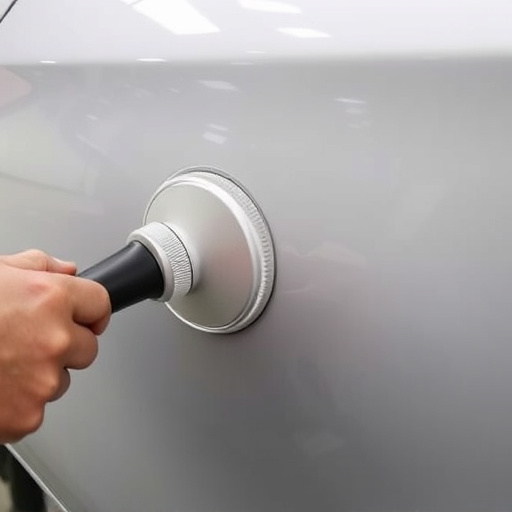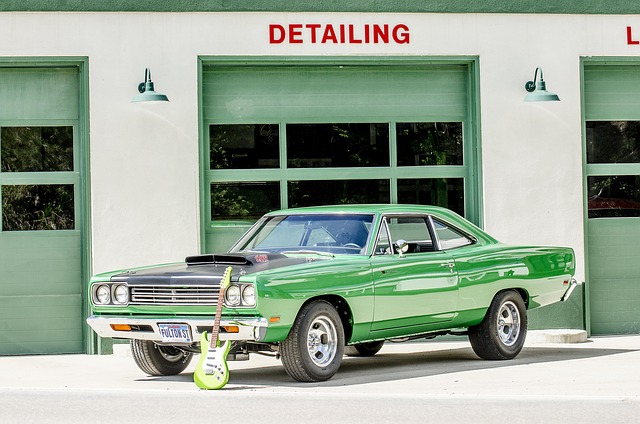Unexpected car repairs can be costly, but proactive budgeting can help mitigate these out-of-pocket repair costs. Setting aside an emergency fund specifically for automotive repairs ensures financial stability during unexpected issues. Regular preventive care, like routine check-ups and DIY solutions for simple tasks, can prevent major issues and reduce overall repair expenses.
Out-of-pocket repair costs can significantly strain your budget, especially when unexpected. Understanding these costs and their impact is crucial for effective financial planning. This article delves into the dynamics of out-of-pocket repair expenses, exploring how they affect your finances and offering practical strategies to manage and minimize these unexpected charges. By understanding these costs, you can better prepare for future repairs and maintain a healthier budget.
- Understanding Out-of-Pocket Repair Costs
- The Impact on Your Budget and Financial Planning
- Strategies to Manage and Minimize Unexpected Expenses
Understanding Out-of-Pocket Repair Costs

Out-of-pocket repair costs refer to the expenses that individuals are responsible for paying out of their own pocket when repairing their vehicles. This can include a wide range of services, from simple maintenance tasks to more complex repairs like car body repair or vehicle restoration. Understanding these costs is crucial in managing one’s budget effectively, especially considering the significant financial impact an auto collision center might have.
Unexpected repairs can quickly add up, so it’s important to be aware of potential out-of-pocket expenses. For instance, routine maintenance like oil changes and tune-ups typically fall under the owner’s responsibility. In contrast, unforeseen issues such as accidents or mechanical failures may require immediate attention from a professional auto collision center, leading to substantial out-of-pocket repair costs. Being prepared financially can help individuals navigate these challenges more smoothly.
The Impact on Your Budget and Financial Planning

When dealing with out-of-pocket repair costs, whether it’s for your car, tires, or auto bodywork, their impact on your budget cannot be overstated. Unexpected repairs can throw a wrench into your financial planning, as these expenses often arise at inopportune moments, leaving you to cover the bill without much warning. This unpredictability can strain your budget, especially if these costs are recurring or substantial.
Proper financial planning involves setting aside an emergency fund to accommodate such unforeseen circumstances. However, many individuals struggle to save for both regular maintenance and unexpected repairs simultaneously. Out-of-pocket repair costs, therefore, require thoughtful consideration in your overall financial strategy. Regular budgeting, along with prioritizing essential expenses, can help mitigate the financial strain caused by these unwelcome surprises.
Strategies to Manage and Minimize Unexpected Expenses

Unexpected out-of-pocket repair costs can strain your budget, but there are strategies to manage and minimize these expenses. One effective approach is to set aside a dedicated emergency fund for automotive repairs. This way, when an unforeseen issue arises, such as a fender bender or a faulty tire (requiring tire services), you have the financial cushion to cover the out-of-pocket repair costs without disrupting your regular budget. Regularly reviewing and adjusting your savings plan can help ensure this fund remains adequate for unexpected car repair needs.
Additionally, maintaining your vehicle through preventive care can significantly reduce future out-of-pocket repair costs. Scheduling routine check-ups, oil changes, and other recommended services with reputable car repair shops allows you to catch potential issues early. While some minor repairs might still occur, proactive maintenance typically makes them less costly than major, unexpected fixes. Moreover, considering DIY solutions for simple tasks like changing tires or performing basic vehicle paint repair can further reduce expenses, freeing up funds for more complex car repair services when needed.
Out-of-pocket repair costs can significantly disrupt your budget, but understanding and planning for these unexpected expenses are key. By being proactive, such as regularly maintaining your home or appliances, you can reduce the likelihood of costly repairs. When unforeseen issues do arise, having a dedicated emergency fund will provide financial cushion. Additionally, exploring cost-saving options like DIY repairs or negotiating with service providers can help mitigate the impact of out-of-pocket repair costs on your overall budget.














